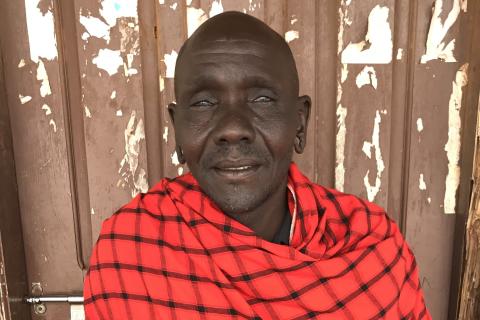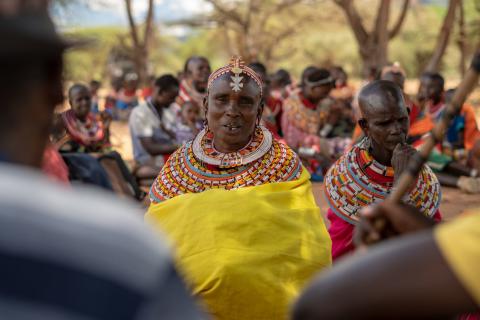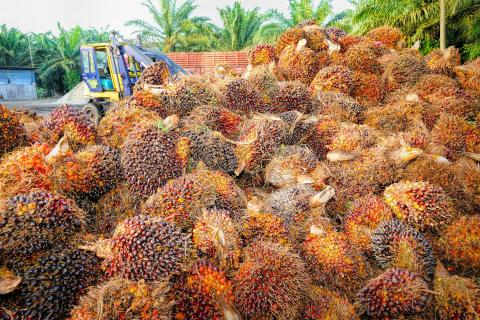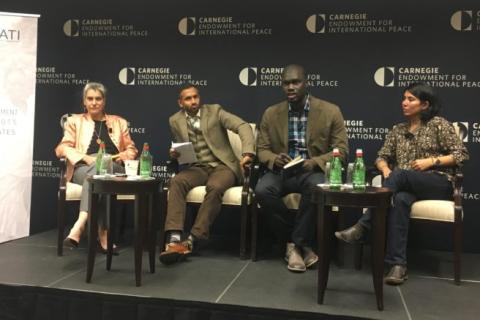People are hungry for this knowledge
By Peter Sangeyon, Gender and Land Champion, WOLTS Project Tanzania
From 1995 to 2005 I was the village chairman, and I was a ward councillor for ten years after that. I was very pleased when the community selected me to be a WOLTS gender and land champion.









